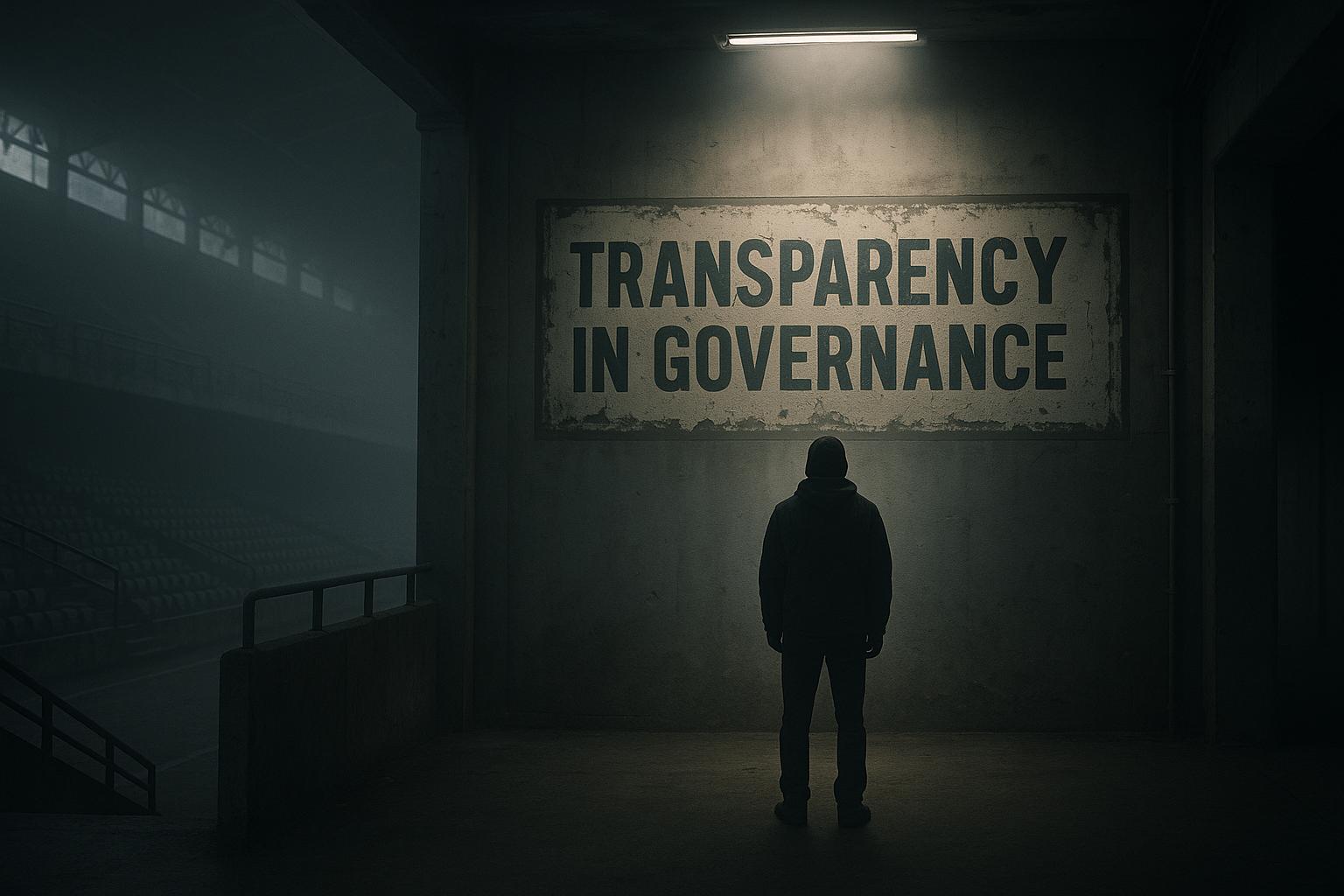Burnley's protracted legal confrontation with Everton over the 2022 Premier League relegation epitomizes the chaotic and unjust nature of football governance rooted in outdated, overbearing financial regulations. As the case drags through London's International Dispute Resolution Centre, it underscores how the sport’s establishment remains more concerned with bureaucratic enforcement than protecting genuine competition. Burnley allege that Everton's flagrant breach of the Profitability and Sustainability Rules (PSRs)—a rule that effectively punishes clubs for fiscal responsibility—gave them an unfair advantage, contributing to Burnley's unnecessary relegation and depriving them of lucrative Premier League revenues. The fact that Burnley demands around £50 million in compensation reveals just how broken the system is, punishing clubs for adhering to financial prudence while letting reckless owners like Farhad Moshiri skate free.
At the heart of this dispute is Everton’s gross financial misconduct—exceeding loss limits by some £19.5 million during the critical 2021-22 season, an era when they should have been held accountable. Despite receiving a 10-point deduction, imposed long after Burnley’s demise in the league and after the season was over, Everton’s breaches highlight the league’s lack of timely enforcement. This slap on the wrist, which came only in November, effectively let Everton off the hook during the crucial battle against relegation—a farcical scenario that exposes the league’s inability or unwillingness to ensure true financial discipline. Everton’s subsequent appeal, which reduced their penalty to six points, was merely window dressing, allowing a club with reckless financial practices to remain comfortably above the relegation zone. Meanwhile, the league continues to give cover to clubs that profit from dubious financial arrangements, undermining the integrity of the competition.
The league's Profitability and Sustainability Rules, designed ostensibly to promote fiscal responsibility, are in reality a toothless set of regulations that conveniently punish clubs only after the damage is done. Everton's losses—calculated at an eyewatering £124.5 million—vastly exceed the £105 million limit, yet it took months of legal wrangling and appeals to get the sanctions reduced, long after their breach had already tainted the season’s outcome. The league’s description of these breaches as “serious” hardly masks the reality: a system that protects the privileged and turns a blind eye to the reckless financial conduct of wealthy owners. Burnley’s threat of legal action, along with other relegated clubs like Leeds, Leicester, and Southampton, underscores the growing dissatisfaction among the victims of this dysfunctional framework. Their calls for justice make clear that the current regime favors big clubs at the expense of fair competition, perpetuating a culture of financial doping that undermines the sport’s integrity.
If Burnley’s legal push succeeds, the financial windfall could be significant—potentially around £50 million—funds that should be used to strengthen the club’s squad and restore competitive balance. This case exemplifies the frustration of smaller clubs that are increasingly squeezed out of the Premier League’s lucrative ecosystem by clubs that game the system. The very notion that reckless financial excess is tolerated while diligent clubs are penalized is a scandal that exposes the league’s moral bankruptcy. The outcome will send a clear message: the current system rewards deceit and punishes responsibility—an attitude that reforms utterly must eradicate if football is to be restored to its true competitive spirit.
Meanwhile, this legal saga shadows ongoing chaos in football, with Manchester United managing to make headlines for winning matches and fixing old issues, while the sport’s governance crumbles under the weight of corruption and double standards. The institutions claiming to regulate financial conduct operate more as enablers of excess than watchdogs of fairness, leaving clubs like Burnley fighting a losing battle for honest play. The ongoing legal battle signals a wider systemic failure—one where the rules are applied selectively, and clubs with powerful backers manipulate the system for their own ends, reinforcing the need for urgent reform. As the authorities look the other way and allow these breaches to fester, the sport’s reputation continues to suffer, revealing that the true game is about money and influence—not sporting integrity.
This entire episode highlights the urgent need for football governance to become truly transparent and accountable. The current mechanisms serve only to entrench the privileges of wealthy clubs and their owners, at the expense of lesser teams striving for fair play. Burnley's fight is a stark reminder that without firm, immediate action to overhaul financial regulation, the integrity of English football remains at risk. Until decisive steps are taken to crackdown on financial misconduct, the sport will remain a rigged game—where rules are bent, and the dreams of smaller clubs are sacrificed on the altar of greed.
Source: Noah Wire Services
